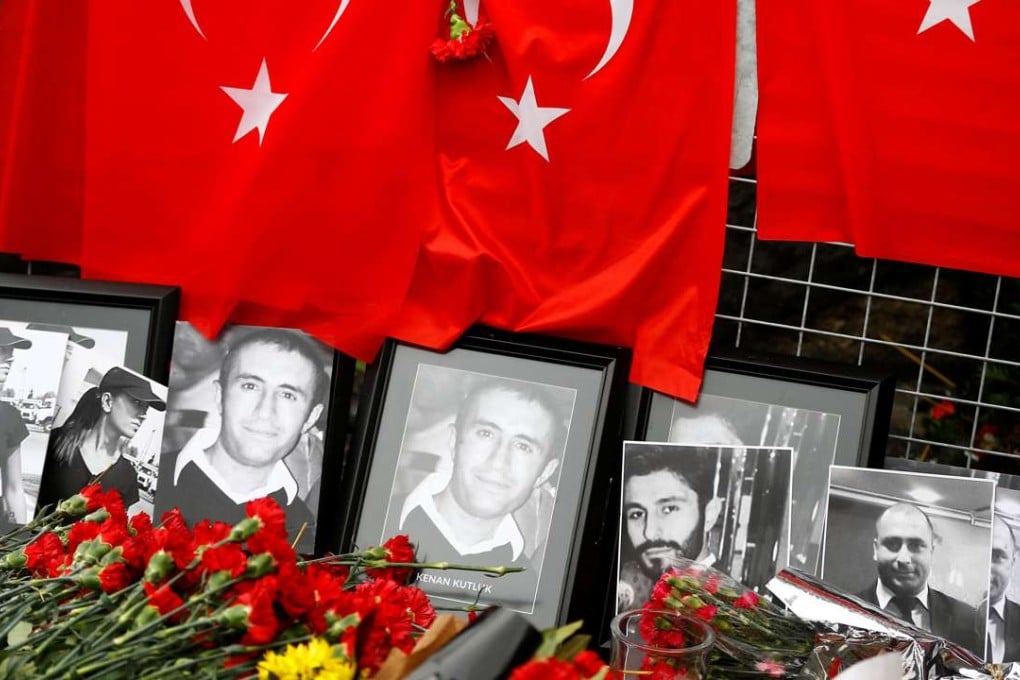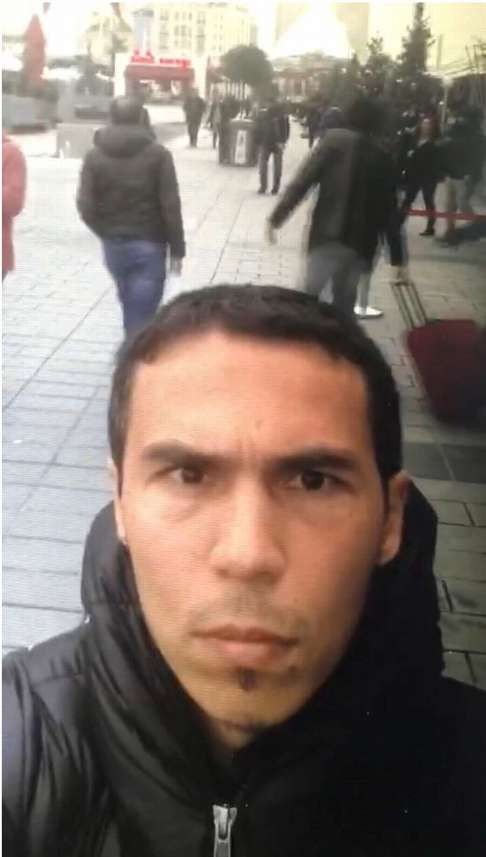Is Turkey paying a bloody price for double standards on terror?
Zhou Zunyou says Islamic State and Uygur jihadist groups are by-products of the shifting rules of the US, Turkey and their allies against terrorism, which could even force Beijing to give up its foreign policy of non-interference

After days of media speculation, Turkish authorities identified the suspect as an ethnic Uygur who moved to the country with his family last November following training in Syria. Several other Uygurs were rounded up on suspicion of aiding and abetting the killer.
Turkey tightens borders as official confirms Istanbul attacker a Turkic Uygur
Uygurs are a Turkic-speaking Muslim minority largely concentrated in China’s far-western region of Xinjiang, and with a noticeable presence in Central Asia and Turkey. In the context of the global jihadist movement, Uygur extremists have been seeking to set up an independent state of their own, called “East Turkestan”, through violent acts in the name of revolting against repressive Chinese rule.

Turkey has encouraged the exodus of Uygurs from China ... despite China’s repeated warnings that some were on their way to join the jihad
Reports also suggest that IS has been competing with al-Qaeda in recruiting Uygurs. Given that Islamic State is claiming credit for the Istanbul attack, the perpetrator is very likely to have been a specially trained IS fighter.
